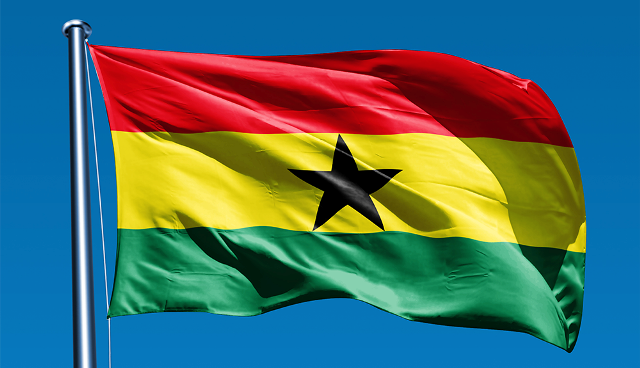IMF and Ghana Reach Staff-Level Agreement on Fifth Review of $3bn ECF
The International Monetary Fund has reached a staff-level agreement with Ghana on the fifth review of its three-year, $3bn Extended Credit Facility (ECF), paving the way for the disbursement of a further $385m once the Fund’s management and executive board grant approval.
The agreement follows an IMF mission led by Ruben Atoyan, which held discussions in Accra between September 29 and October 10 to assess Ghana’s progress on fiscal consolidation, debt restructuring, and broader reforms under the programme launched in May 2023.
Upon board approval, the latest tranche—equivalent to SDR 267.5m—will bring total disbursements to Ghana to roughly $2.8bn.
“IMF staff and the authorities have reached a staff-level agreement on the fifth review of Ghana’s economic programme under the Extended Credit Facility,” said Atoyan, noting that macroeconomic stabilisation “is taking root,” supported by stronger-than-expected growth in services and agriculture.
The mission chief said Ghana’s external position had strengthened, citing robust export receipts from gold and cocoa, an appreciating cedi, and reserve accumulation exceeding programme targets. The Fund expects growth to reach 4.8 per cent in 2026, with inflation easing into the Bank of Ghana’s 8 ± 2 per cent target band.
Atoyan commended the authorities for making “notable progress” in resolving structural challenges in the energy sector, including the renegotiation of legacy power purchase agreements and arrears with independent power producers.
On fiscal performance, the IMF noted that Ghana achieved a primary surplus of 1.1 per cent of GDP in the first eight months of 2025 and remains on track to meet the 1.5 per cent target for the year. The government has pledged to maintain a similar surplus in 2026 under a new Fiscal Responsibility Framework designed to anchor discipline and transparency.
Discussions also centred on advancing structural fiscal reforms, including measures to strengthen public financial management, broaden domestic revenue, and tighten expenditure controls.
Progress on debt restructuring was described as “encouraging”, with Ghana having reached bilateral agreements with five countries following a Memorandum of Understanding with the Official Creditor Committee under the G20 Common Framework. Negotiations with commercial creditors are continuing.
According to Atoyan, Ghana’s debt trajectory has “improved markedly” on the back of a firmer macroeconomic outlook and prudent fiscal management.
The Fund also welcomed the Bank of Ghana’s decision to cut its policy rate by 650 basis points to 21.5 per cent, reflecting easing inflationary pressures and improving external conditions. The central bank, in coordination with the IMF, has developed a new framework to manage foreign exchange flows, build reserves, and reduce market volatility.
Efforts to reinforce financial stability are underway, including the recapitalisation of state-owned banks—expected to be completed by end-2025—and reforms to address non-performing loans and strengthen crisis management frameworks.
The IMF said Ghana’s governance diagnostic assessment has been completed and will be published soon, urging continued efforts to enhance transparency and oversight in the gold, cocoa, and energy sectors.
The mission met with Finance Minister Dr Cassiel Ato Forson, Bank of Ghana Governor Dr Johnson Asiama, and other senior officials. The Fund thanked the Ghanaian authorities for their “constructive engagement and hospitality” during the review.









